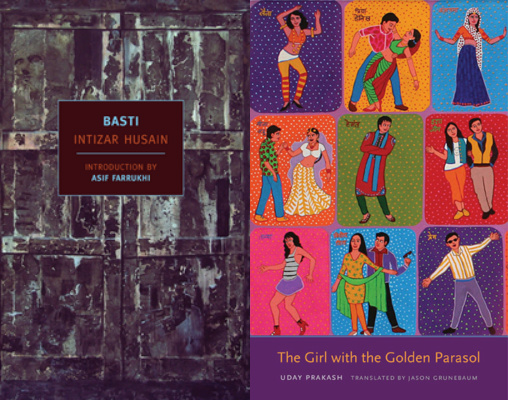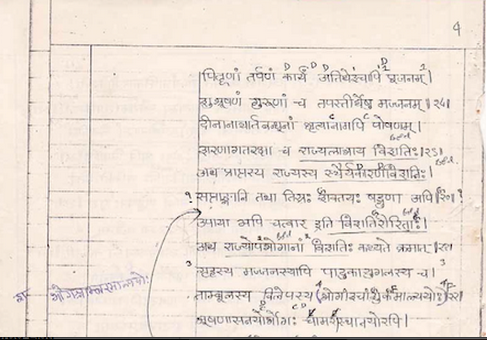Read all posts in Mahmud Rahman’s investigation here.
Daisy Rockwell is a painter, writer, and translator. From 1992-2006, she made a detour into academia, from which she emerged with a Ph.D. in South Asian literature and a book on the Hindi author Upendranath Ashk. She had become interested in his writing as a grad student.
In an interview with CNN last year, she said: “Ashk asked me to undertake a short story collection shortly before his death, which I did somewhat reluctantly as I was more interested in translating his long novel, Falling Walls (something I’m finally working on now). It ended up being his dying wish to me, however, so I saw the project through. I finished most of the work around 2000, but had a very hard time finding a publisher, even in India.”
Her translation of Ashk’s Hats & Doctors came out from Penguin India in 2013. About her approach to U.S. publishers, she wrote: “I have tried and so far failed to get my translation published in the U.S., on numerous occasions. I have another work forthcoming and I will try with that too. We’ll see what happens. I haven’t had any explanations. So far I’ve approached them myself. Next up, my agent. Mostly I’ve tried academic presses and small presses. I haven’t tried that many, but since no one maintains a South Asia list, really, the entire thing feels kind of scatter shot and I’ve gotten discouraged easily.” READ MORE…


